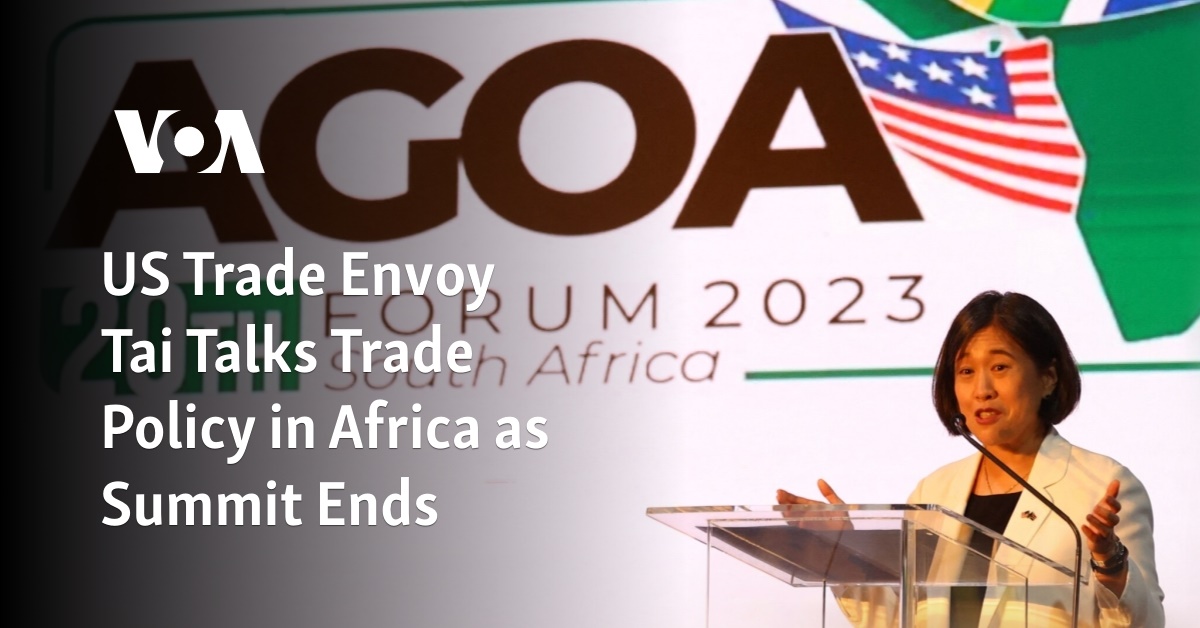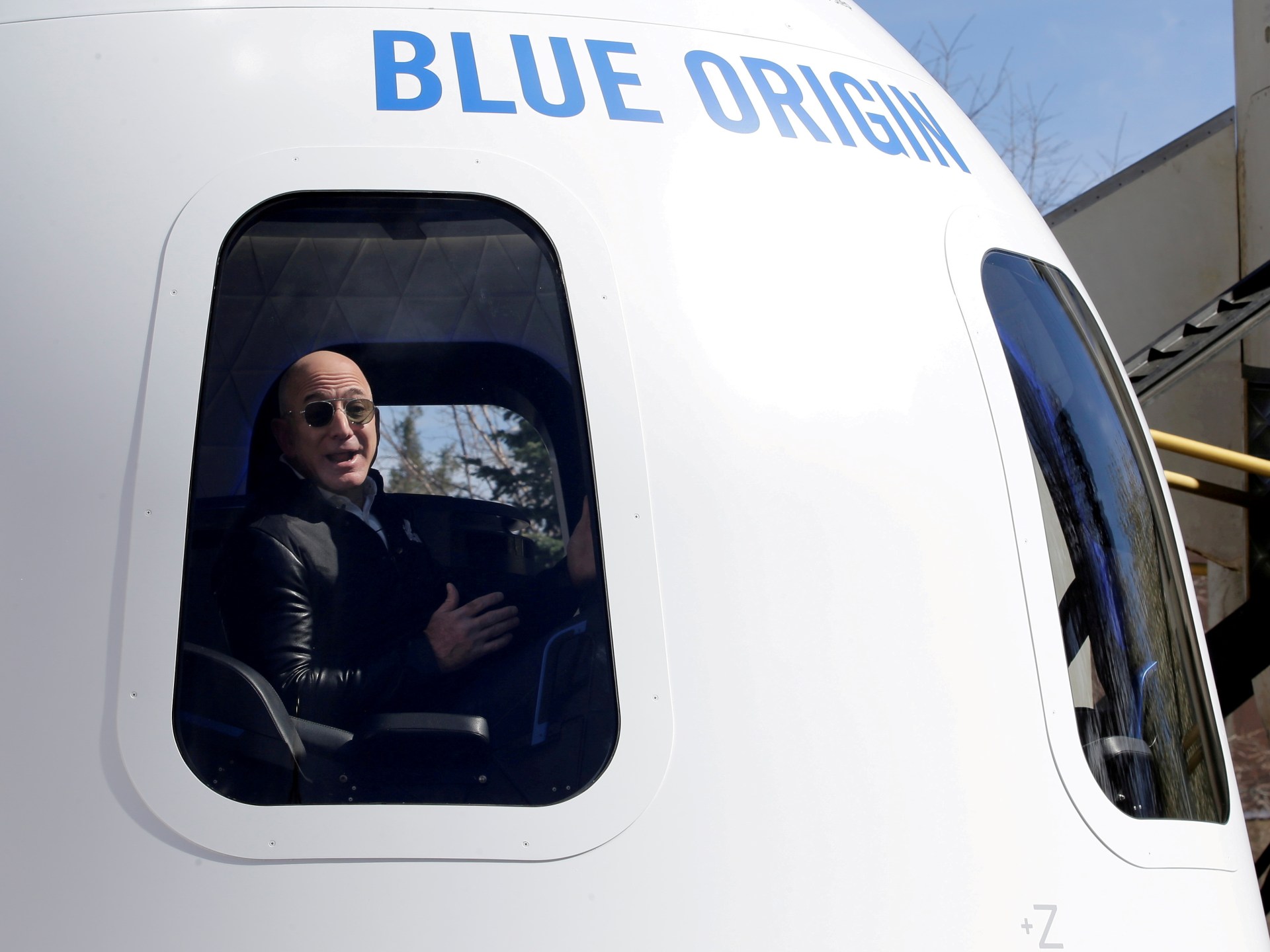
British Prime Minister Rishi Sunak announced plans on Wednesday to overrule his country’s top court and flout some human rights laws by relying on emergency legislation to save a highly controversial system that would send asylum seekers on one-way flights to Rwanda.
But even as the proposal drew criticism from opposition politicians, it failed to satisfy hardliners in Sunak’s own Conservative Party, leading to the resignation of Immigration Minister Robert Jenrick, who had pushed for more far-reaching measures.
The bill arrives less than a month after the UK Supreme Court ruled that the small country of Rwanda in central Africa was an unsafe place to send those arriving in small boats to the southern British coast and that the government’s plan would breach British and international law.
That has gutted an important asylum policy that Mr Sunak has put at the heart of his political agenda. And it was a significant setback for a prime minister struggling to revive a stagnant economy and improve his dismal opinion polls ahead of an election expected next year.
As part of the Rwanda program, that was revealed for the first time Under Prime Minister Boris Johnson, asylum seekers could be flown to the African country in 2022 to have their applications heard. But even if they were successful, they would not be allowed to settle in Britain and would instead remain in Rwanda.
The Legislative proposals The court, unveiled on Wednesday, declared Rwanda a safe country – explicitly contradicting Britain’s Supreme Court. And the first page of the bill contained an extraordinary statement from Home Secretary James Cleverly: “I am unable to make a statement that, in my view, the provisions of the Rwanda Security (Asylum and Immigration) Act are compatible with Convention rights, but the government still wants the House to proceed with the bill.”
The European Convention on Human Rights, which Britain helped to draft after the Second World War, is enshrined in British law and forms the basis of the Good Friday Agreement. White House officials told the New York Times last month that they were monitoring Mr Sunak’s attempts to revive the Rwanda policy in case it might undermine the peace deal with Northern Ireland.
Adam Wagner, a human rights lawyer, said in a social media post that the new bill is an attempt to “change the facts” and “ignore the law.” In comments to the Times, he added that the government wanted to prevent British courts from taking into account interim rulings from the European Court of Human Rights, but said there was “a small chance that a person could go to Rwanda before the next one.” Election.” That’s because the court, based in Strasbourg, France, “may not respond quickly” to any challenges, he said.
Mr Sunak may have been blocked from going further by the Rwandan government, whose foreign minister Vincent Biruta said in a statement it was “important for both Rwanda and the UK that our rule of law partnership meets the highest standards of international law.” .” In a thinly veiled warning, he added that “without lawful behavior from the UK, Rwanda would not be able” to continue its agreement to accept asylum seekers from Britain.
Although the number of small boat crossings has fallen by around a third compared to last year, they remain a highly visible symbol of the government’s failure to control Britain’s borders – a key promise from Brexit campaigners like Mr Sunak.
The government sees its Rwanda plan as a crucial deterrent, arguing that only the prospect of deportation can deter asylum seekers from making the dangerous journey across the English Channel.
But legal problems have left the government yet to fly a single asylum seeker to Rwanda, and the opposition Labor Party dismisses the plan as a costly and unworkable distraction from the task of stopping people smuggling and processing a huge backlog of asylum applications that has risen sharply under the Conservatives. So far, the Rwandan government has received 140 million pounds (about $175.8 million) from the UK.
Mr Sunak is under intense pressure to keep the Rwanda plan alive ahead of an election where immigration is likely to be a campaign issue for his Conservative Party.
Earlier this week, Mr Cleverly announced new plans to curb legal immigration to Britain, which has exploded in recent years, with net migration reaching a record of almost 750,000 people in 2022.
That surge has angered many on the right of the Conservative Party – particularly since Brexit gave the government the power to determine immigration numbers by ending European Union citizens’ automatic right to settle in Britain.
On Monday, Mr Cleverly said that from next spring the required minimum wage for skilled workers arriving from abroad would rise from 26,200 to 38,700 pounds (from about $32,900 to about $48,600), marking the biggest cut in net migration ever promises.
The income required for family visas will also rise to a minimum of £38,700, meaning low-income Brits will be unable to bring partners or spouses into the country from abroad. Although the exact details of the policy were not disclosed, it sparked anger, even among some on the political right, who argued that allowing only wealthier people to marry non-Britons was unconservative. Further plans to restrict the right of students to bring family members into the country have already been announced and will be implemented next year.
Some employers have warned that the measures will hurt the economy and hit recruitment in health and aged care, where there is an acute labor shortage. But the government appears to have decided that the political stakes are higher.
On Tuesday, Mr Cleverly flew to Kigali, the capital of Rwanda, to convert Britain’s existing agreement with the country into a formal treaty. The British government says it is helping to improve procedures in Rwanda and has secured guarantees that even those whose asylum claims have been rejected will be allowed to remain in the country.
However, it was not clear whether the agreement signed on Tuesday would be enough to dispel the arguments of the Supreme Court, which had ruled that there were insufficient guarantees that refugees sent to Rwanda would not be forcibly returned to their home country, where they may be in danger.
Since the 1994 genocide, Rwanda has lifted millions of people out of extreme poverty, improved infrastructure and reduced maternal mortality. Under President Paul Kagame, the country of 13 million people has established itself as a tourism center and host to major conferences and events, including the Commonwealth Meeting and the Basketball Africa League.
But while some hail Mr. Kagame as a hero, human rights groups accuse him of leading an authoritarian state where political and civil rights remain severely restricted. Human Rights Watch published in October a detailed report It details how the Rwandan government uses a wide range of tactics, including assassinations, kidnappings, Playbacks and digital threats to persecute critics and opposition figures abroad.
In its testimony to Britain’s Supreme Court, the United Nations refugee agency highlighted flaws in Rwanda’s asylum system, including at least 100 allegations that refugees were threatened with or forcibly returned to countries where they faced persecution, and widespread rejection Applications from refugees from Afghanistan, Syria and Yemen.
Rwanda has locked And Refugees killeddrove them away and in some cases They were threatened and beaten for speaking out even after fleeing the country, refugees and human rights groups say.
To the concern of British moderates, hardliners have argued that Britain should be prepared to leave the European Convention on Human Rights if it proves necessary for the Rwanda plan to work.
On Wednesday, Suella Braverman, the former home secretary who was sacked by Mr Sunak, called for tough action, telling lawmakers: “The Conservative Party faces electoral oblivion in just a few months if we bring in another bill that is doomed to fail.”
Stephen Castle reports from London, and Abdi Latif Dahir from Nairobi, Kenya.






Recent Comments